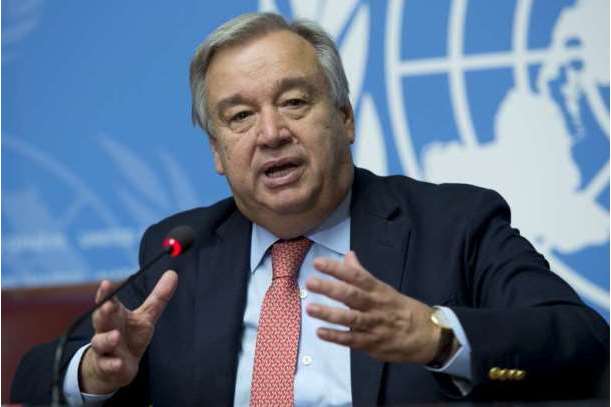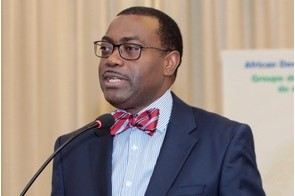Latest News
UN chief makes recommendations for reopening schools

News Highlight
António Guterres said the COVID-19 pandemic has created the largest disruption to education in history due to prolonged school closures.
António Guterres, United Nations Secretary-General, said on Tuesday that the disruption to education caused by the COVID-19 pandemic calls for “bold steps” to reimagine learning and address the world's education crisis. Speaking in a video message, he said the pandemic has created the largest disruption to education in history due to prolonged school closures.
Describing education as “the key to personal development and the future of societies,” Guterres issued recommendations to get children back in the classroom in a policy brief launched alongside a new global campaign called Save our Future.
“As the world faces unsustainable levels of inequality, we need education – the great equalizer – more than ever,” he said in the video message. “We must take bold steps now, to create inclusive, resilient, quality education systems fit for the future.”
The policy brief calls for action in four key areas, starting with the re-opening of schools once local transmission of COVID-19 is under control. He said getting students back into schools and learning institutions as safely as possible must be a top priority.
His second recommendation entails greater investment in education. Before the pandemic, low- and middle-income countries had already faced an annual education funding gap of $1.5 trillion. He said education must be at the heart of COVID-19 responses, including stimulus packages, global humanitarian appeals and official development assistance.
The third policy recommendation focuses on education initiatives that can reach those at the greatest risk of being left behind. These include people minority groups of all kinds, displaced people and those with disabilities.
For his final recommendation, the UN chief called for investment in digital literacy and infrastructure. He said the crisis presents a “generational opportunity” to deliver quality education for all children, in line with the Sustainable Development Goals (SDGs).
“And we need to draw on flexible delivery methods, digital technologies and modernized curricula while ensuring sustained support for teachers and communities,” Guterres said.
The UN estimates that COVID-19 affected more than one billion students worldwide last month, as schools were closed in more than 160 countries. According to Guterres, the pandemic could undermine decades of progress and further entrench inequalities in access to learning.
Despite the outbreak of the coronavirus disease and social distancing measures put in place to curb the spread of the virus, some students have continued to learn during the crisis. Remote learning methods have included radio, television and online. However, the UN chief said many students are still not being reached.
Guterres said a learning crisis had existed even before the pandemic. More than 250 million school-age children were out of school pre-COVID-19, according to the UN chief. Furthermore, only a quarter of secondary school children in developing countries were leaving school with basic skills.
Due to the pandemic, at least 40 million children worldwide have missed out on education in their critical pre-school year. According to him, the world now faces a “generational catastrophe” that could waste untold human potential.
Related News
Latest Blogs
- The Museum of West African Art saga
- The complexity and complication of Nigeria’s insecurity
- Between bold is wise and wise is bold
- Prospects of port community system in Nigeria’s maritime sector
- Constitutionalism must anchor discipline in Nigerian Armed Forces
Most Popular News
- NDIC pledges support towards financial system stability
- Artificial intelligence can help to reduce youth unemployment in Africa – ...
- Africa needs €240 billion in factoring volumes for SME-led transformation
- ChatGPT is now the most-downloaded app – report
- Global trade to hit record $35 trillion despite slowing momentum
- CBN licences 82 bureaux de change under revised guidelines






